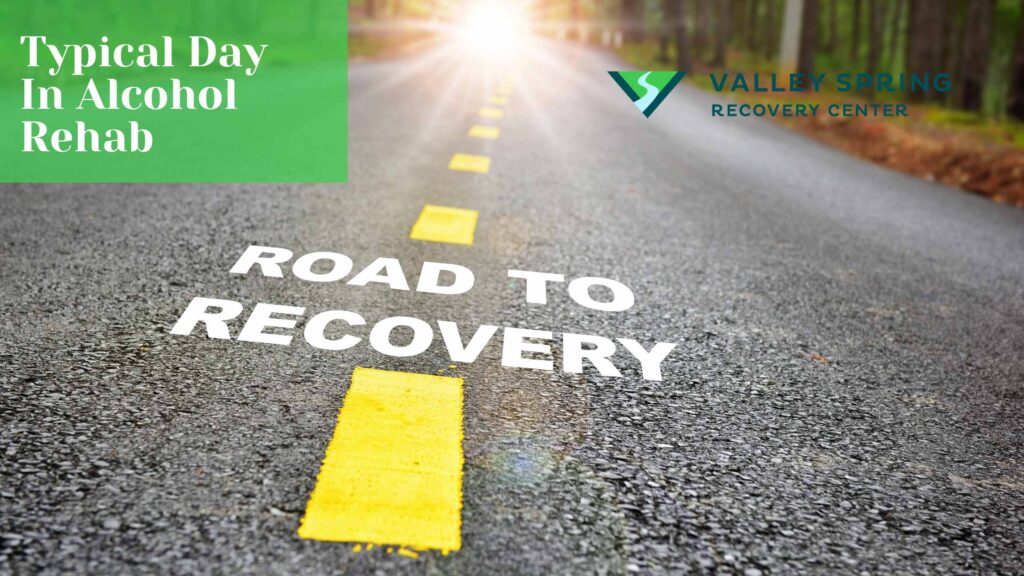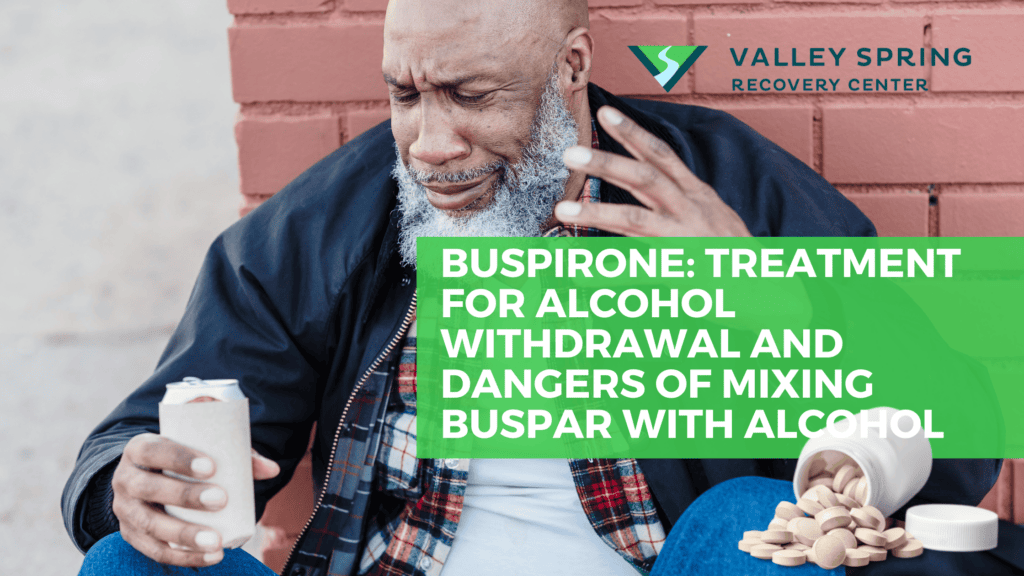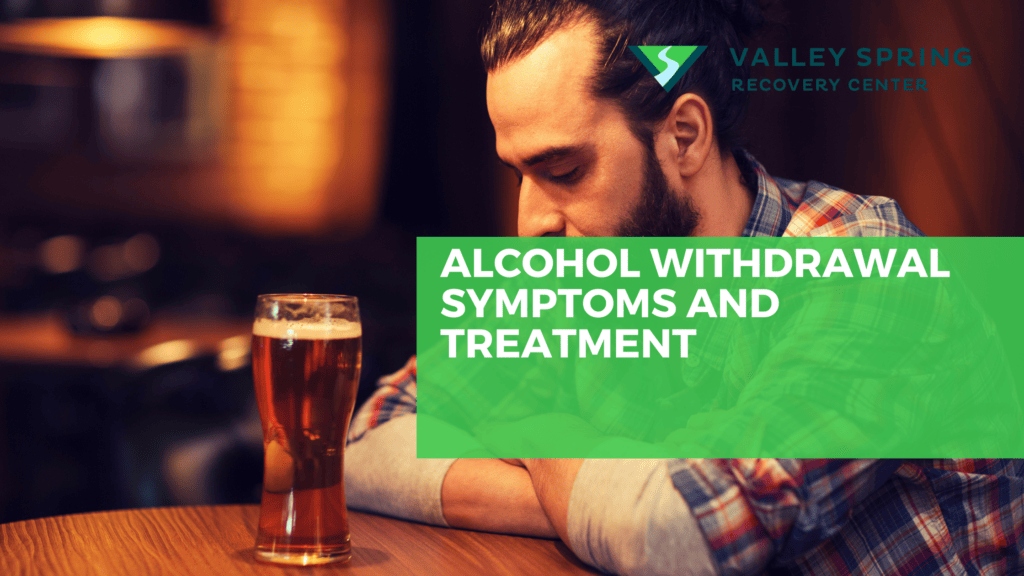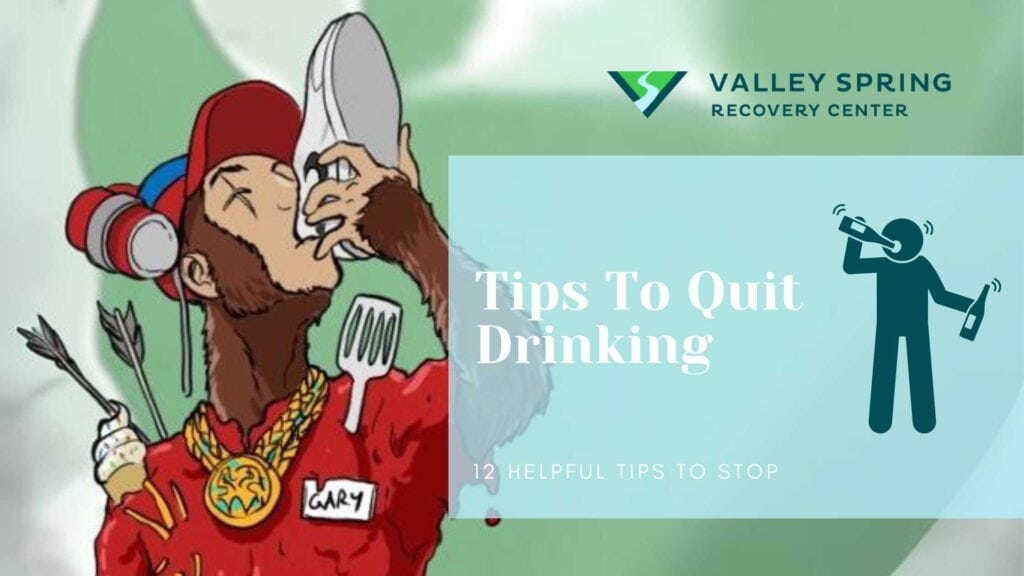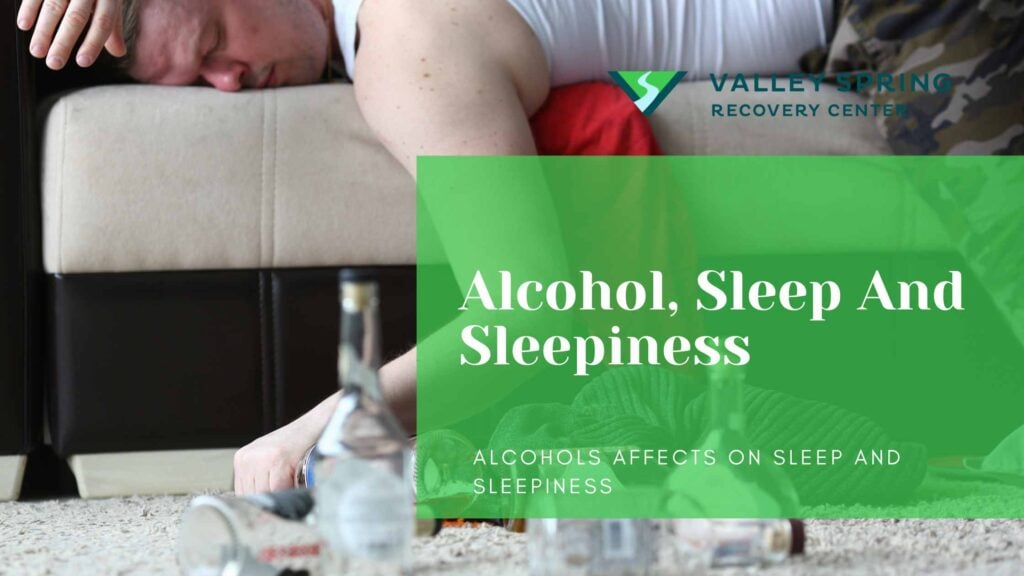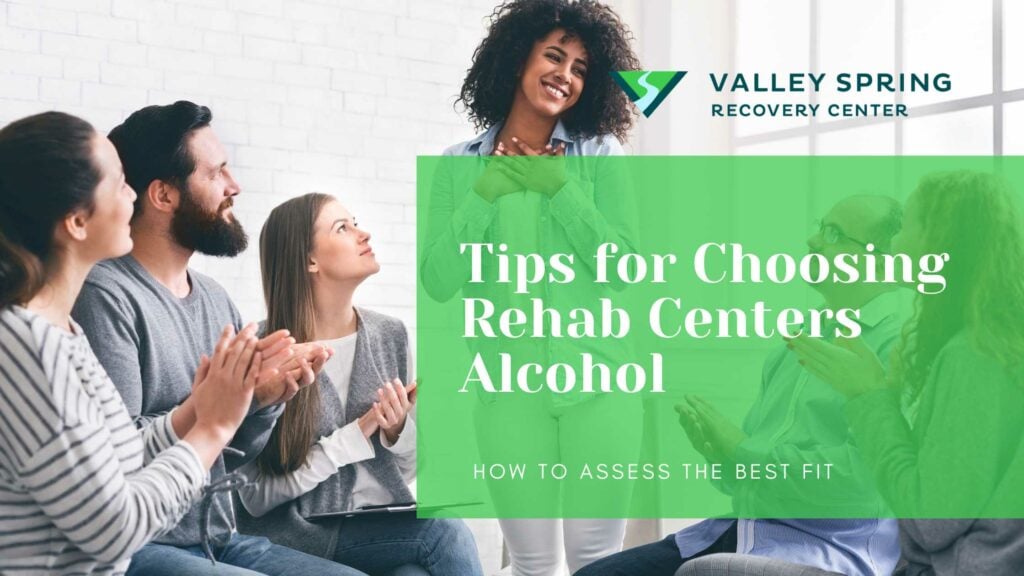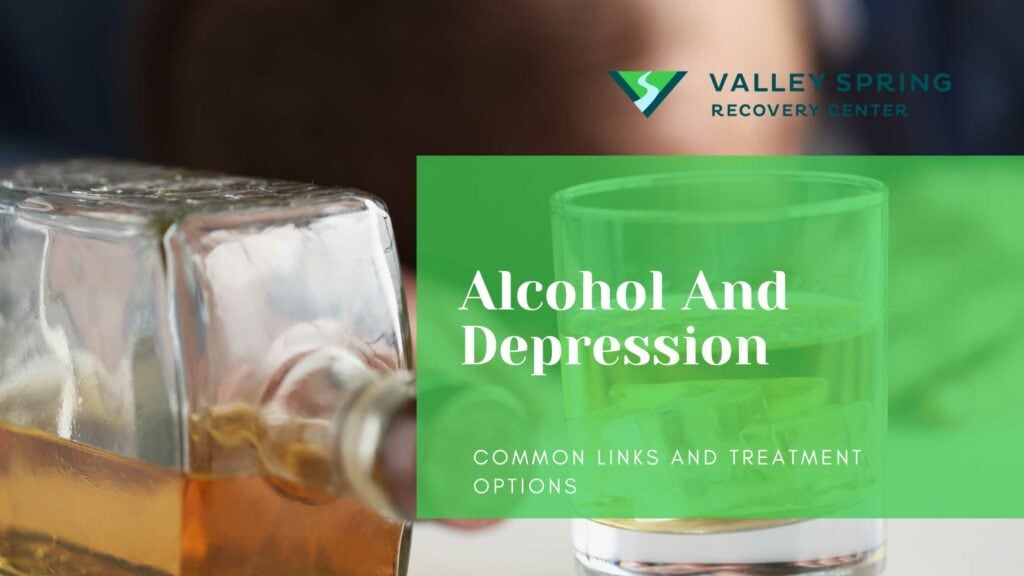Embarking on the journey to overcome alcohol addiction is a crucial step, and understanding what alcohol rehab entails can be immensely beneficial. In New Jersey alone, according to the 2021 Statewide Substance Abuse Overview report, there were 87,745 treatment admissions, with the highest percentage, 36% (31,469 admissions), being for primary alcohol use. This statistic underscores the prevalence of alcohol addiction and the critical need for effective rehab programs.
If you or someone close to you is dealing with this challenge, knowing what to expect from an alcohol rehab program can provide both hope and clarity. This guide offers an in-depth look at the rehab process from initial arrival through to the journey towards recovery. We’ll explore the various treatment methods that support lasting sobriety, including medical detoxification, behavioral therapies, alternative treatments, and the essential role of family involvement.
The Alcohol Rehab Experience: From Arrival to Recovery

Starting the recovery process can be both challenging and rewarding. As you enter an alcohol rehab facility, you can expect to be welcomed with open arms and a team of experienced professionals dedicated to your recovery. The Substance Abuse and Mental Health Services Administration (SAMHSA) stresses the importance of addressing both substance abuse and mental health concerns during treatment, as they often go hand-in-hand.
During your stay in alcohol rehab, you’ll engage in therapies, join support groups, and learn coping skills to aid your recovery. With the guidance of qualified treatment professionals and a comprehensive treatment plan, you’ll work toward overcoming alcohol addiction and achieving long-term sobriety.
1. Checking In and Initial Assessment
The initial step in alcohol rehab is checking in and completing an assessment. This important stage involves interviews, medical and psychiatric evaluations as well as the creation of a personalized treatment plan to suit your needs. During the assessment, healthcare professionals will gather information about your medical history, substance use, and any previous experience with treatment.
The assessment guarantees the rehab facility comprehends your needs, enabling them to provide optimal care and support. It also paves the way for a personalized care plan, which will be instrumental in guiding you through the various stages of your recovery journey.
2. Navigating Detoxification
Detoxification is a key step in the alcohol rehab treatment process, as it aids in eliminating alcohol from your body while managing withdrawal symptoms. Detox can be an uncomfortable and challenging experience, especially for those dealing with alcohol abuse, but with the help of medication and professional medical care, it becomes much more manageable.
During detox, you may experience a range of withdrawal symptoms, from mild to severe, but rest assured that these symptoms can be managed effectively with the guidance of medical professionals.
The detox process typically lasts between five days and two weeks, depending on your individual needs and circumstances.
3. Rehabilitation Phase
After successfully completing detox, you’ll transition into the rehabilitation phase of alcohol rehab. This phase involves various therapies, coping skills development, and support systems designed to help you overcome alcohol addiction and prepare for life after rehab.
During the rehabilitation phase, you’ll participate in a combination of individual and group therapies, such as Cognitive Behavioral Therapy (CBT), Motivational Interviewing (MI), and Dialectical Behavior Therapy (DBT). These therapies are designed to help you address and resolve the underlying issues contributing to your addiction, while also equipping you with the skills needed to navigate challenges in your daily life and maintain sobriety.
What Is A Typical Day Like In Alcohol Rehab?
To provide an insight into the daily routine at an alcohol rehab facility, we’ll guide you through a typical day, comprising morning, afternoon, and evening activities. This structured routine is designed to provide individuals with the support they need to successfully recover and manage alcohol withdrawal symptoms.
Morning Routine
Mornings in rehab typically involve waking up early, having a healthy breakfast, and participating in group therapy or other wellness activities. These morning routines help set a positive tone for the day, encouraging individuals to stay motivated and focused on their recovery journey.
Morning Example:
- 6:30 AM – Wake Up: Start the day with some personal time for hygiene and reflection.
- 7:00 AM – Breakfast: A nutritious meal to begin the day.
- 8:00 AM – Morning Meditation or Group Session: A guided session to set a positive tone for the day, focusing on mindfulness or group support.
- 9:00 AM – Medical Check-Up (if necessary): For those in early recovery or needing medical attention, this time is allocated for health assessments and medication management.
- 9:30 AM – Therapy Session: Individual or group therapy focusing on cognitive-behavioral techniques, coping strategies, and addressing underlying issues related to addiction.
Afternoon Schedule
Afternoons in rehab often include individual therapy sessions, specialized group sessions, and free time for exercise or relaxation. These activities provide an opportunity for individuals to work on their recovery goals, address any challenges they may be facing, and develop the skills needed to maintain sobriety and live a healthier life.
Midday and Afternoon Example:
- 12:00 PM – Lunch: A balanced meal, often followed by a short break or leisure time.
- 1:00 PM – Educational Workshop: Sessions on understanding addiction, relapse prevention, and building life skills.
- 2:00 PM – Specialized Therapy (as needed): Sessions such as family therapy, trauma-informed care, or additional medical attention for those in specific stages of recovery.
- 3:00 PM – Physical Activity: Structured exercise, yoga, or outdoor activities to promote physical health.
- 4:00 PM – Free Time/Rest: Personal time for rest, reflection, or engaging in hobbies.
- 5:00 PM – Group Support Meeting: Peer support groups such as 12-step meetings or other support networks.
Evening Activities
As the day winds down, evenings in rehab may involve 12-step meetings, additional group therapy sessions, and structured free time before lights out. These activities offer individuals a chance to reflect on their progress, connect with their peers, and build a strong foundation for lasting recovery.
If you have been mandated by the court to seek treatment for your addiction at a drug rehab, read our article on court ordered rehab to understand how it works.
Evening Example:
- 6:00 PM – Dinner: A communal meal to foster a sense of community and shared experiences.
- 7:00 PM – Evening Therapy Session or Workshop: A session focusing on skill-building, processing the day’s experiences, or special topics related to recovery.
- 8:00 PM – Relaxation Time: Activities such as reading, journaling, or relaxation exercises to wind down.
- 9:00 PM – Lights Out/Bedtime: Ensuring adequate rest is a priority for recovery and overall well-being.
Personal stories about What alcohol rehab is like
We spoke with an alcohol rehab alumni who shared his story:
Waking up in rehab felt surreal at first, but it quickly became a new routine. Mornings began early, around 6:30 AM. Something was calming about the quiet of dawn, giving me time to gather my thoughts before the day started. Breakfast at 7 AM was more than just a meal; it was a time to connect with others who were on similar journeys. For the first week I was there I didn’t feel great physically and then as I moved on to the second week of treatment I got a pit in my stomache from worrying about all the things I had done wrong. I had lots of regrets. As I continued in treatment this feeling started to go away.
The morning meditation sessions were something I initially resisted but grew to appreciate. They helped me center my thoughts and often set a positive tone for the rest of the day. It’s something that I’ve continued to implement in my sobriety. Therapy sessions, both individual and group, were challenging but enlightening. I learned a lot about myself, my triggers, and how to cope with cravings and emotions. The schedule is intense but it also doesn’t leave a lot of room to wallow and I think that pays off in the end.
Anonymous Alcohol Rehab Alumni
What Happens After You Leave Rehab?
The recovery process doesn’t conclude once you depart from rehab. Formulating aftercare plans and relapse prevention strategies are imperative for maintaining sobriety and continuing your recovery journey post-rehab.
By participating in support groups, continuing counseling, and making necessary lifestyle changes, you can prevent relapse and maintain long-term recovery.
Support Groups and Counseling
Continual support from groups such as Alcoholics Anonymous and ongoing counseling can assist individuals in maintaining sobriety and addressing daily life challenges. These support systems provide a valuable network of peers and professionals who are committed to helping you stay on track and achieve lasting recovery.
Lifestyle Changes and Coping Skills
Cultivating healthy habits, learning coping skills, and making essential lifestyle adjustments can aid individuals in preventing relapse and maintaining long-term recovery. By focusing on:
- improving diet
- exercise
- sleep
- social support
individuals can build a strong foundation for lasting
Drug Rehab Has Comprehensive Treatment Approaches
Beyond the core components of the rehab experience, several alcohol rehab programs provide a broad range of treatment approaches to cater to each individual’s specific needs and challenges. These approaches may include behavioral therapies, alternative therapies, and family involvement, all of which play a crucial role in supporting your recovery and ensuring lasting sobriety.
Behavioral Therapies
Behavioral therapies are a fundamental part of substance abuse treatment and are frequently used alongside other therapies and support systems. Common behavioral therapies used in alcohol rehab include Cognitive Behavioral Therapy (CBT), Motivational Interviewing (MI), and Dialectical Behavior Therapy (DBT). These evidence-based therapies have proven to be highly effective in alcohol addiction treatment, with studies showing that around 60% of people who receive CBT for substance abuse issues are able to sustain their recovery for one year.
Alternative Therapies
Certain rehab centers provide alternative therapies as a supplement to traditional treatment methods. These therapies can include yoga, art therapy, and meditation, which can help individuals connect with their inner selves and find balance in their lives.
Engaging in alternative therapies can be beneficial for individuals who find that traditional therapy approaches alone are not enough to fully address their needs and challenges during the recovery process.
Family Involvement
Family involvement in the rehab process is imperative for offering support and comprehending the dynamics of addiction and recovery. By involving family members in the treatment plan, individuals can benefit from:
- A strong support system that can help them navigate the challenges of recovery
- Increased understanding and empathy from loved ones
- Improved communication and relationship dynamics
- Accountability and encouragement to maintain sobriety after leaving rehab
Family involvement, including family therapy, plays a crucial role in the success of addiction treatment and long-term recovery from drug abuse.
Family involvement can also help rebuild trust and strengthen relationships, which are vital components of long-term recovery.
Types of Alcohol Rehab Programs

There are numerous types of alcohol rehab programs designed to meet the specific needs and situations of every individual. These programs include inpatient treatment, outpatient treatment, and specialized programs tailored to specific populations or needs.
By examining the various rehab program options, you can identify the most appropriate one for your recovery journey, ensuring the optimum outcome.
Inpatient Treatment
Inpatient rehab programs create a structured residential environment for individuals with severe alcohol addiction, providing round-the-clock care and support. These programs typically last for 30, 60, or 90 days, depending on the individual’s needs and progress.
Inpatient rehab, also known as residential treatment, offers a comprehensive range of therapies and support services, including group therapy, co-occurring mental health treatment, and an introduction to long-term addiction recovery.
Outpatient Treatment
Outpatient rehab programs offer greater flexibility than inpatient programs, allowing individuals to continue their daily routines while receiving treatment for alcohol addiction. These programs typically involve:
- Therapy sessions
- Counseling
- Support groups
- Educational programs
The frequency and duration of these sessions may be tailored to the individual’s needs and the program.
However, outpatient treatment might not be suitable for all, and a professional evaluation is suggested to determine the best treatment approach.
Specialized Programs
Some rehab centers, also known as treatment centers, offer specialized programs tailored to specific populations or needs, such as programs for adolescents, veterans, or individuals with co-occurring mental health disorders. These specialized programs provide targeted treatment and support, ensuring that individuals receive the care they need to overcome their unique challenges and achieve lasting recovery.
Withdrawal Support in Jail: Addressing Challenges Behind Bars
Individuals in jail experiencing withdrawals face unique challenges, and correctional facilities often provide essential support to manage these symptoms. While the level of care can vary, some facilities offer medical assistance to help mitigate the physical and psychological effects of withdrawal.
In certain cases, jail medical staff may administer medications to ease withdrawal symptoms and prevent complications. This medical intervention aims to ensure the safety and well-being of individuals during this challenging period. However, it’s important to note that the availability and type of medications may vary between correctional facilities, and not all jails may offer specialized care for withdrawal management.
Despite these efforts, individuals experiencing withdrawal symptoms in jail might not receive the same level of comprehensive treatment as dedicated rehabilitation facilities. In some instances, individuals facing withdrawal may be referred to treatment programs upon release to address the underlying issues contributing to substance abuse. While jails aim to address immediate health concerns, long-term recovery often requires additional support beyond the confines of correctional facilities.
Ben Fisher
All author postsShare This Post

